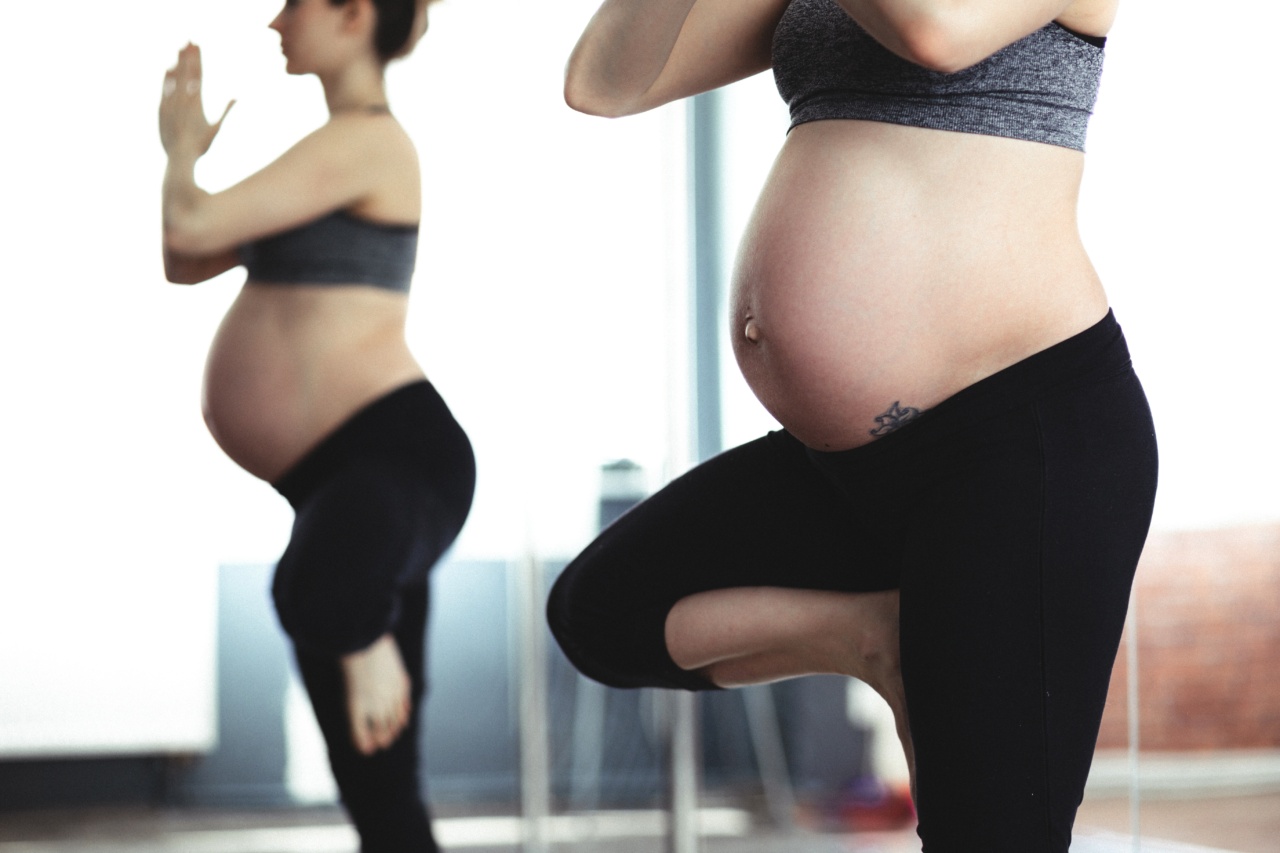Preeclampsia is a hypertensive disorder that occurs during pregnancy and is characterized by high blood pressure and organ damage, most commonly affecting the liver and kidneys.
It is a serious condition that can be life-threatening for both the mother and the baby. Despite extensive research, the exact cause of preeclampsia is still not fully understood. However, there have been various studies conducted to determine the correlation between first pregnancy weight gain and the risk of developing preeclampsia.
What is Preeclampsia?
Preeclampsia is a disorder that typically occurs after 20 weeks of gestation and is characterized by high blood pressure (hypertension) and damage to organs such as the liver and kidneys.
It can result in various complications including preterm birth, low birth weight, and even maternal and fetal morbidity or mortality. Preeclampsia affects approximately 2-8% of all pregnant women globally, making it one of the leading causes of maternal and fetal mortality worldwide.
The Importance of Weight Gain During Pregnancy
Weight gain during pregnancy is a natural and expected part of the process. It is vital for the health and development of both the mother and the baby.
The Institute of Medicine (IOM) provides guidelines for recommended weight gain during pregnancy based on the pre-pregnancy body mass index (BMI) of the mother. When these guidelines are followed, it can help reduce the risk of complications during pregnancy, including preeclampsia.
Studies on First Pregnancy Weight Gain and Preeclampsia Risk
Several studies have focused on determining the correlation between first pregnancy weight gain and the risk of developing preeclampsia. While the results have been mixed, there is evidence to suggest a potential link:.
1. Study #1: Increased Risk with Excessive Weight Gain
A study published in the American Journal of Obstetrics and Gynecology found that excessive weight gain during the first pregnancy was associated with an increased risk of developing preeclampsia.
The study analyzed data from more than 62,000 women and found that those who gained more weight than recommended had a higher risk of developing preeclampsia compared to those who gained weight within the recommended range.
2. Study #2: Low Pre-Pregnancy BMI and Increased Risk
Another study published in the Journal of Maternal-Fetal and Neonatal Medicine found that women with a low pre-pregnancy BMI (<18.5) who experienced excessive weight gain during the first pregnancy had an increased risk of developing preeclampsia.
This suggests that both pre-pregnancy BMI and weight gain during pregnancy play a role in preeclampsia risk.
3. Study #3: Weight Gain Patterns and Preeclampsia Risk
A study conducted by the Harvard T.H. Chan School of Public Health analyzed the weight gain patterns during pregnancy and their association with the risk of preeclampsia.
The study found that women who had a higher rate of weight gain during the first trimester had a significantly higher risk of developing preeclampsia compared to those with a steady weight gain throughout pregnancy.
4. Study #4: No Significant Association
On the other hand, some studies have failed to establish a significant correlation between first pregnancy weight gain and preeclampsia risk.
These studies suggest that factors such as genetics, pre-existing health conditions, and prenatal care may have a more significant impact on the development of preeclampsia.
Conclusion
While the correlation between first pregnancy weight gain and preeclampsia risk may not be fully understood, it is clear that weight gain during pregnancy plays an important role in overall maternal health.
It is vital for expectant mothers to adhere to the recommended guidelines for weight gain during pregnancy to minimize the risk of complications such as preeclampsia. However, it is important to note that preeclampsia can affect women of all body types and weight gain ranges, and additional research is still needed to determine the exact mechanisms behind its development.




























